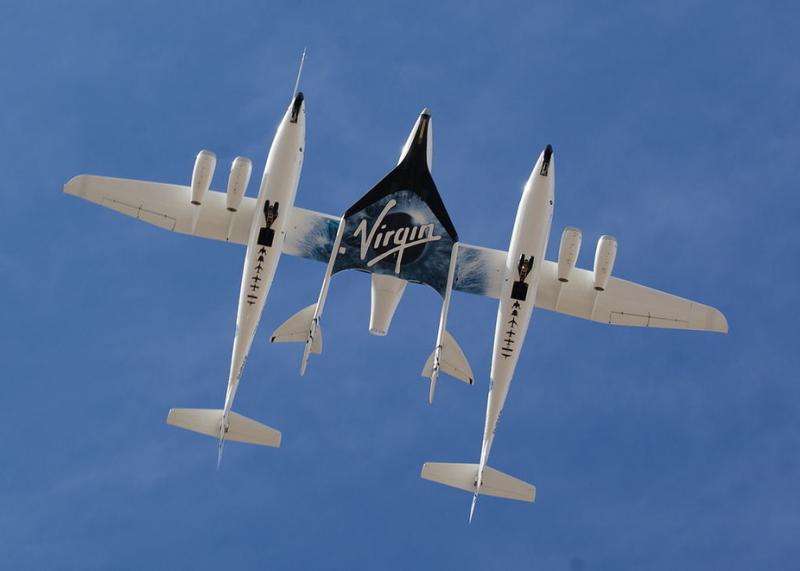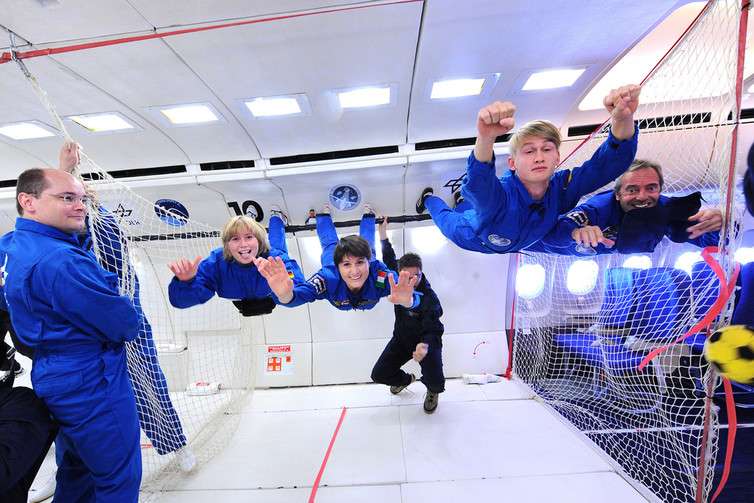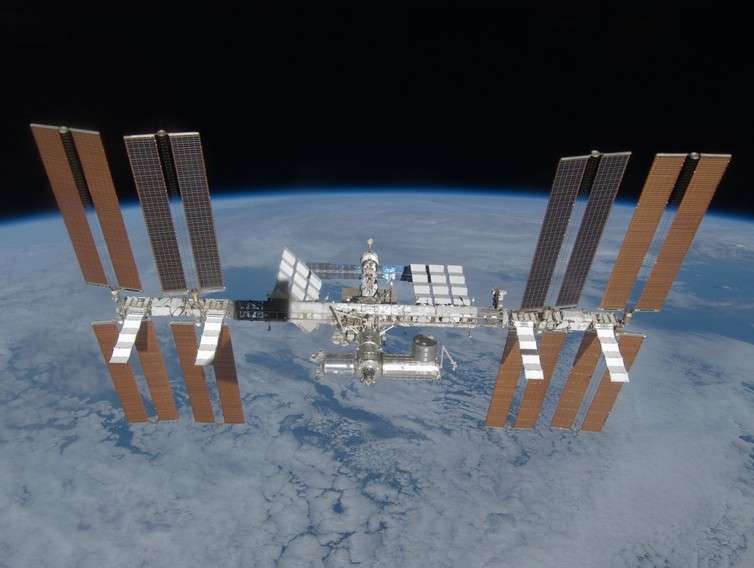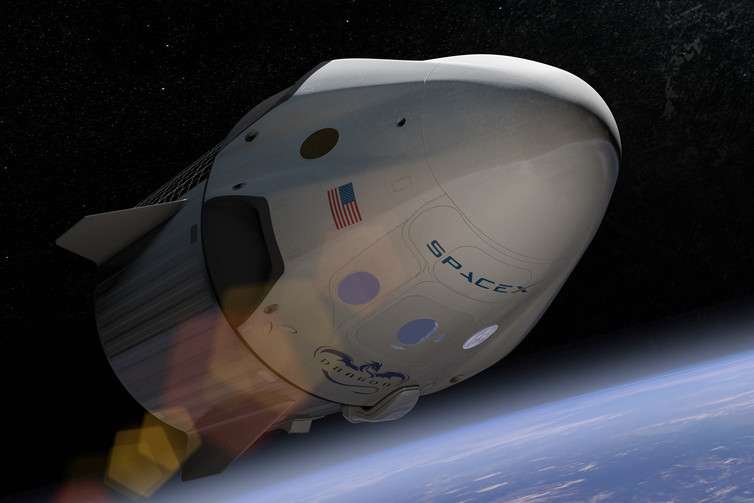Space tourism could boost science and health research—here's how

The announcement of the draft in the Queen's Speech will allow the development of spaceports in the UK. This could see members of the paying public launched into space as tourists, or taking from London to New York in just 45 minutes.
Such adventures will be made possible through futuristic spaceplanes, as are already in development by companies such as , that will enable us mere mortals to experience weightlessness. If this sounds only of interest to those who can afford the six-figure ticket price, it also has major implications for scientific discovery. Space travel-related research has probably already had a more substantial positive impact on your life than you realise, and this announcement could increase this still further.
Space agencies such as ESA and NASA currently provide access to simulated microgravity for scientific research using . These allow human physiology research to be carried out more easily than on the International Space Station, but the time spent in microgravity is very short. Spaceplanes may provide longer sessions, which could enable more comprehensive research to inform the design of experiments into the .
Perhaps one day we will see research teams launching groups of participants to spend a few weeks or months aboard a space hotel in order to study medical interventions that would slow the ageing process on Earth, and to or even .

Research dating back to the early years of the space race has led to technologies that benefit us all. Many scientific discoveries have come since the arrival of inhabitable space stations that act as orbital laboratories. NASA's first space station helped understand the effects on the human body of and .
A huge number of have been completed on the ISS since the year 2000 in the areas of human physiology, biology, biotechnology, physical science and earth and space science. These studies have led to discoveries such as for drug development, , and an understanding of the effects of long duration exposure to microgravity on the human body, revealing that spaceflight has effects similar to .
Despite much human physiological research being carried out in space, it has one major limitation – there are simply not enough humans currently going to space to act as research participants, leading to . In fact, only since Russian cosmonaut .

Human physiological experiments in space tend to have very small participant numbers (for example, the NASA twins study) or they have to take place over many years. Could the boom in commercial human spaceflight accelerate the speed of human physiological discoveries in space? We certainly think so.
Commercial spaceflight companies such as and are already launching rockets taking supplies and research equipment to the International Space Station. SpaceX is developing its habitable Dragon capsule to , with ambitions to use its sibling, Red Dragon, to .
Others are developing sub-orbital spaceplanes, such as , which will enable passengers to for a number of minutes or than passenger airlines. To safely send throngs of space tourists beyond the atmosphere, we need to understand the health implications of just getting these "non-professional" astronauts into space through , and developing spaceports will provide access to exciting new platforms to expand these frontiers of science.

A range of await space tourists, who are expected to be a far more group than current astronauts. We will need to determine the on people with medical conditions, as well as in adolescents who might want to go on the ultimate school holiday adventure past the – traditionally taken as the boundary of space. It will be vital that risks to passenger health are reduced through , and new monitoring technologies will need to withstand the high g-forces involved in launching into space.
The British government's commitment to become one of the most attractive places in the world for commercial spaceflight will allow space research to boldly go where only limited research has gone before.
Provided by The Conversation
This article was originally published on . Read the .![]()



















